Matter Collocation for IELTS - Advanced Vocabulary for Band 8+
7 min read
Updated On
-
Copy link
Learn to express importance, relevance, and issues clearly by using advanced vocabulary in Matter Collocation for IELTS. Indulge yourself with its types, examples, 8+ tips, exercises, and more to enhance your academic tone, coherence, and precision.
Table of Contents

Limited-Time Offer : Access a FREE 10-Day IELTS Study Plan!
Matter Collocation for IELTS is one of the most common word pairing which is connected with importance, concern, and discussion. By learning such advanced vocabulary, you can easily deal with abstract topics fluently and show a higher level of language proficiency. The correct use of matter collocations not only indicates your capability of discussing issues but in expressing importance and presenting opinions in a natural way for the IELTS Exam.
Now let us get familiar with the proper use of matter collocations, how they would fit into various contexts, and methods to make them a part of your daily practice.
Connect with our IELTS Trainers to crack your IELTS exam in no time! FREE Demo.
What Are the Types of Matter Collocation for IELTS?
In order to get a band 8+ in using IELTS Vocabulary, it is very important to know the word but also have a great command of collocations. You will sound more natural and confident by using the appropriate collocations based on the context. It can be about problems or you can illustrate circumstances and also give your viewpoint with specific detail. Therefore, let’s look at the three types of Matter Collocation for IELTS and check the meaning and example sentences to get familiar with the advanced vocabulary words.
1. Verb + Matter
This indicates an action that is connected to a specific topic or issue. Below are some of the word pairings which can be helpful while using the specific verb with the term ‘matter’.
-
address a matter
|
The manager addressed a matter in front of his team and assured that this will be dealt with in a timely manner. |
-
raise a matter
|
The student council raised a matter of campus safety which is one of their main concerns. |
-
discuss a matter
|
The board will discuss the matter at the next meeting. |
-
resolve a matter
|
Different authorities must cooperate in an effort to resolve the matter quickly and smoothly. |
-
consider a matter
|
We should consider the matter very carefully before arriving at a conclusion. |
2. Adjective + Matter
This gives information about the quality, importance, or type of the matter. Below are certain collocations which you can use while expressing such an opinion in the IELTS Writing or Speaking section.
-
important matter
|
It is an important matter that needs to be dealt with immediately. |
-
sensitive matter
|
This is a sensitive matter, therefore treat it with caution. |
-
serious matter
|
Not following the rules is a serious matter and might lead to penalties. |
-
urgent matter
|
The principal was interrupted to resolve an urgent matter at the school. |
-
minor matter
|
Do not be afraid as it is only a minor matter that can easily be solved. |
3. Noun + of + Matter
This indicates the kind or context of the matter. This is mostly required while putting focus or emphasizing the type of the issue. The following are certain advanced vocabulary word pairings which you can use in your answers to elevate the lexical flexibility.
-
question of matter
|
The question of matter is so complex that it requires a detailed investigation. |
-
issue of matter
|
The issue of matter related to environmental policies is highlighted in the report. |
-
case of matter
|
Immediate action is necessary in this case of matter. |
-
point of matter
|
Let’s concentrate on the point of matter during our talk. |
-
state of matter
|
Physics is investigating the state of matter in various conditions. |
Prepare yourself with An Exclusive Grammar Workbook: Guide to All Grammatical Woes!
Exercise on Matter Collocation for IELTS
After having reached a certain level of skill with the Matter Collocation for IELTS, the next step is to practice with the exercises. This will guide you to note your level of progress in learning the word pairings while making you aware of the appropriate use of expressions. Eventually, this would help gain confidence in both fluency and accuracy.
EXERCISE 1. Use the correct form of these verbs and follow the collocation ‘Verb + Matter’ to fill in the blanks:
|
be |
discuss |
get |
|
look into |
bring |
settle |
1 Have you______this matter with anyone else?
2 This kind of damage to the environment should______a matter of concern to us all.
3 We took the matter up with the manager and he promised t ______it.
4 I said I’m sorry, so why can’t you let the matter drop?>>>Okay. I promise not to______ the matter up again.
5 Let’s______this matter once and for all. We’ve been trying to resolve it for months now.
6 We’ve no time to deal with that just now, so let’s______on with the matter in hand and try to finish what we’ve started.
EXERCISE 2. Complete the sentences with these adjectives:
|
easy |
urgent |
delicate |
different |
|
serious |
trivial |
complex |
personal |
1 Look, this is a rather______matter.Wendy can’t afford to go on the trip and I’d like to offer to pay for her, but I’m worried that she might be offended.
2 It might seem funny to you, but setting fire to a wastepaper bin is no laughing matter – it is a very __________ matter indeed!
3 I don’t mind bees, wasps, flies and things like that, but spiders are a______matter entirely!
4 OK, have it your way. The colour of the paper is such a______matter that it’s not worth fighting about.
5 Please try to find him. There is an extremely______matter I need to talk to him about. Tell him that it can’t wait till tomorrow.
6 Excuse me, Mr Thompson, could I talk to you in private? It’s a______matter.
7 It should have been a simple matter, but getting through to the helpline was no______matter!
8 Collocation can be a very______matter!
EXERCISE 3. Match the two halves of the following and follow the collocation ‘noun + of + matter’:
|
1 He denies any knowledge of the matter. |
a. but the fact of the matter is that we can’t afford one. |
|
2 A holiday would be wonder, |
b. I won’t give up the fight that easily. |
|
3 We need to get to |
c. He says he wasn’t involved. |
|
4 This is by no means the end of the matter – |
d. the heart of the matter before we can help. |
EXERCISE 4. Complete the sentences with the following:
|
advice |
nothing |
discussion |
word |
light |
1 My bag is missing and I was hoping you might be able to shed some______on the matter.
2 Of course I’ll take______on this matter, but I already know what I’m going to do.
3 When asked about his reasons for resigning, he had______to say on the matter.
4 You can’t go to the concert. And that’s my last______on the matter. Don’t bring the subject up again! You’re too young.
5 You won’t get anywhere, I’m afraid. They refuse to enter into any______on the matter.
Notes1. Note this common question:
2. Note this common expression:
3. Note these expressions using matter + of + noun:
4. One way of disagreeing with someone is to say:
5. Notice this expression:
|
Answers for the Exercise on Matter Collocation for IELTS
The most crucial part is the reflection of your answers. This form of self-assessment makes you understand better how collocations are used in everyday speech. With every single time you do this, you will feel more comfortable and your ability in academic vocabulary will increase as well. This would finally help you to get a higher IELTS Band Score of 8+.
EXERCISE 1.
|
1. discussed |
2. be |
3. look into |
|
4. bring |
5. settle |
6. get |
EXERCISE 2.
|
1. delicate |
2. serious |
3. different |
4. trivial |
|
5. urgent |
6. personal |
7. easy |
8. complex |
EXERCISE 3.
|
1. c |
2. a |
|
3. d |
4. b |
EXERCISE 4.
- light
- advice
- nothing
- word
- discussion
Enroll into our Free IELTS Webinar and learn more about techniques to improve your grammar for IELTS.
Grasping the knowledge and applying Matter Collocations for IELTS would help you to express meaning effortlessly, which is required for scoring high vocabulary scores of Band 8+. Remember to push your limits by writing 5–10 sentences that would utilize different advanced vocabulary words and see how they make your fluency better and your message clearer. The more you practice actively, the more these expressions will be incorporated into your language naturally.
Also Check:

Start Preparing for IELTS: Get Your 10-Day Study Plan Today!
Explore other IELTS Articles
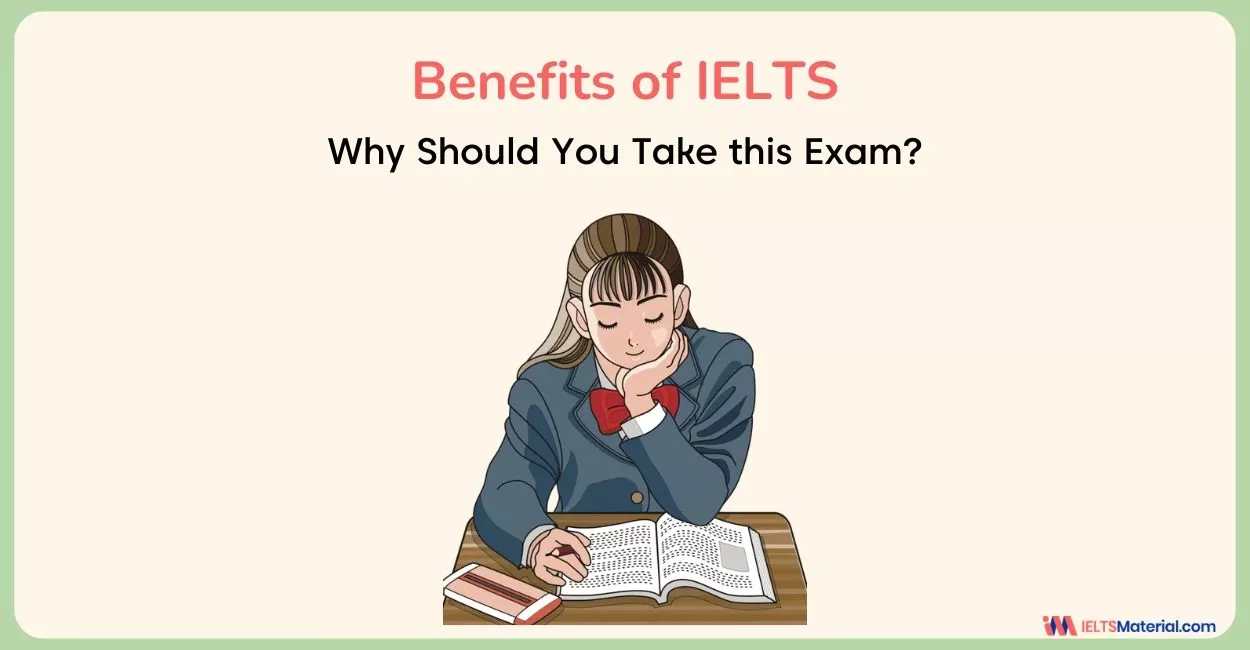
Kasturika Samanta
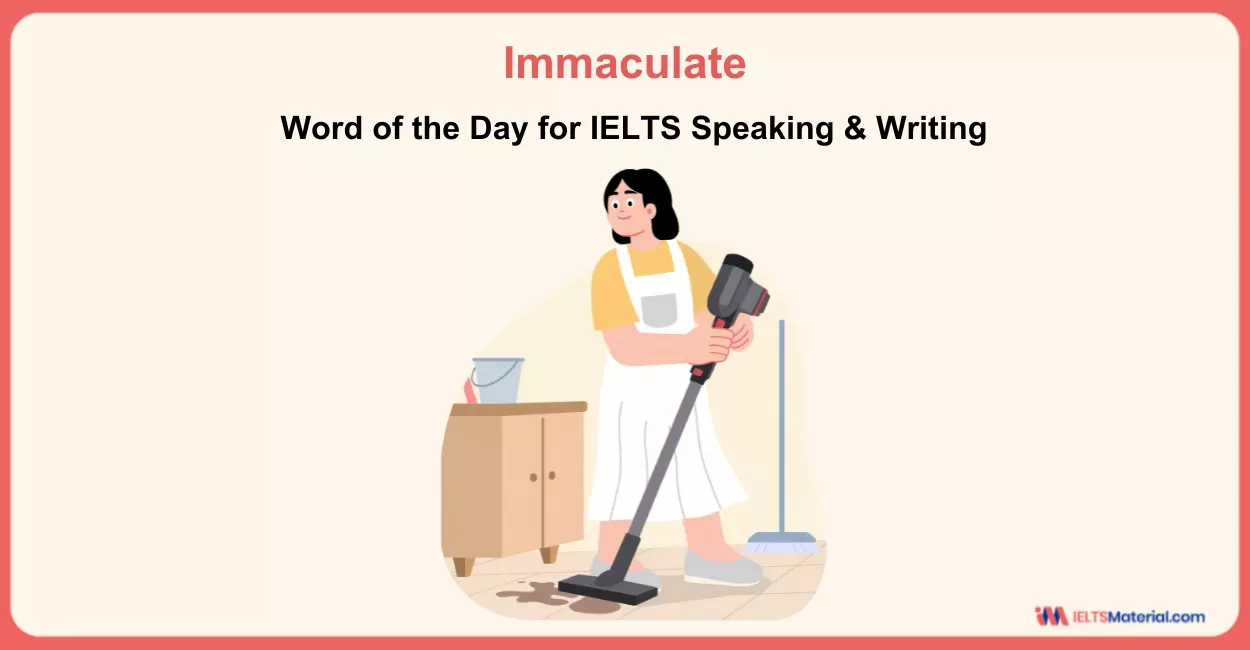
Haniya Yashfeen
Recent Articles

Nitika Gupt

Nehasri Ravishenbagam

Nehasri Ravishenbagam
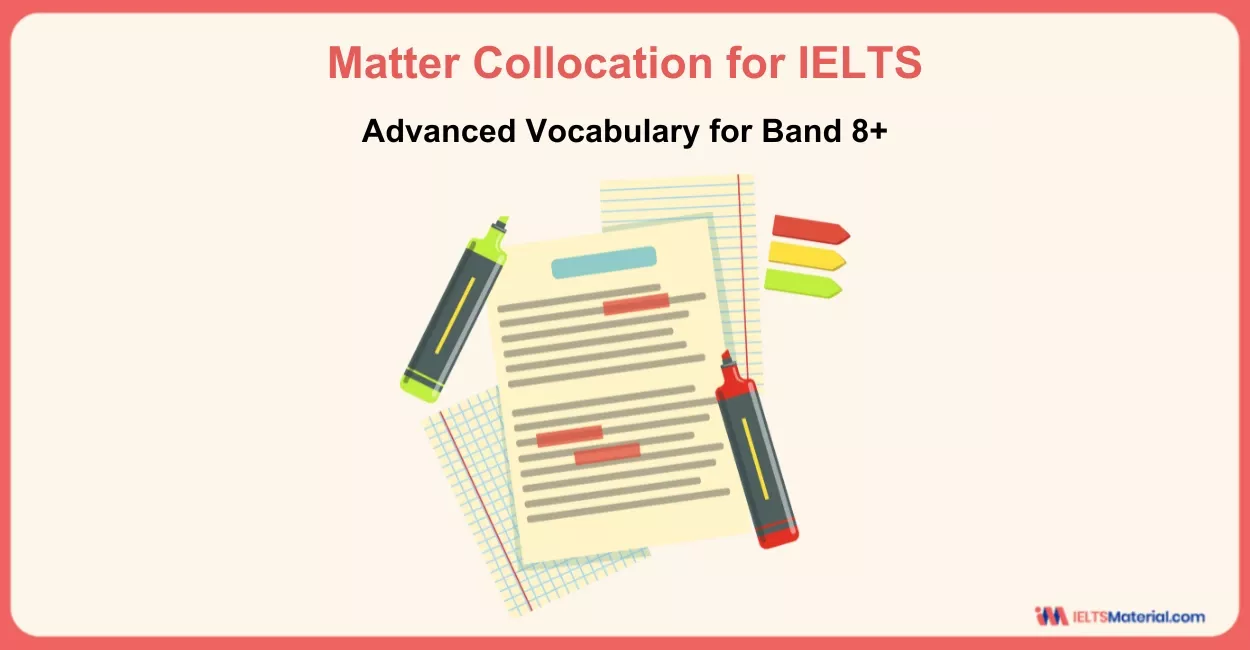

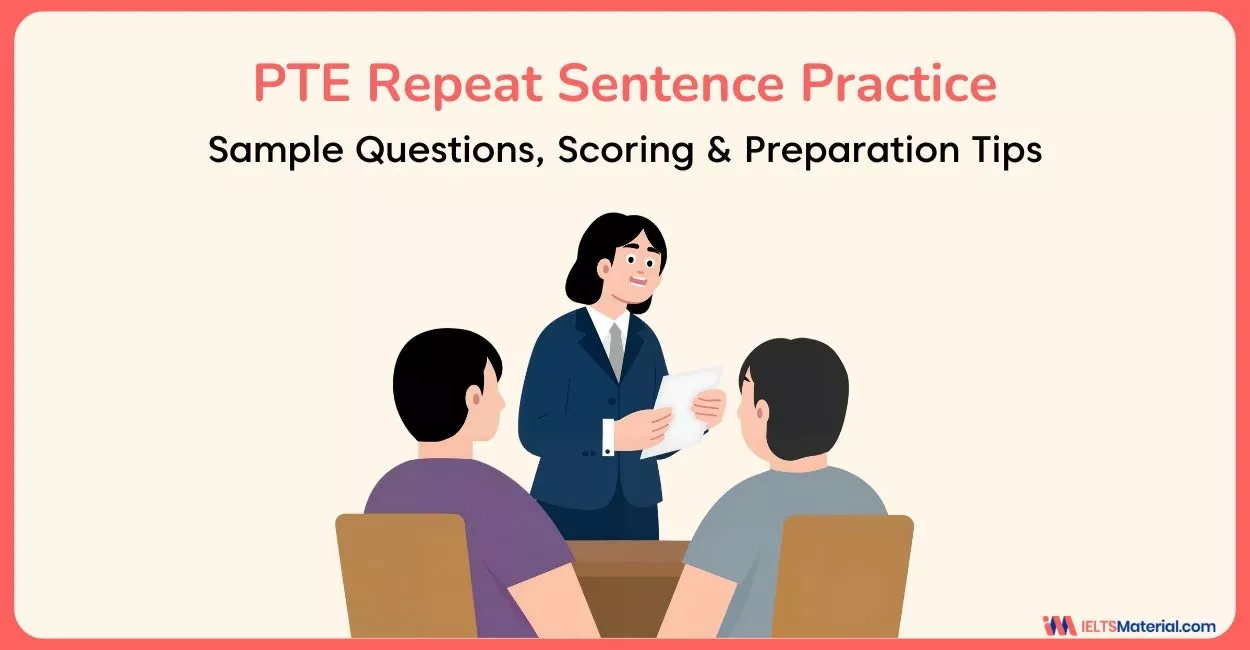
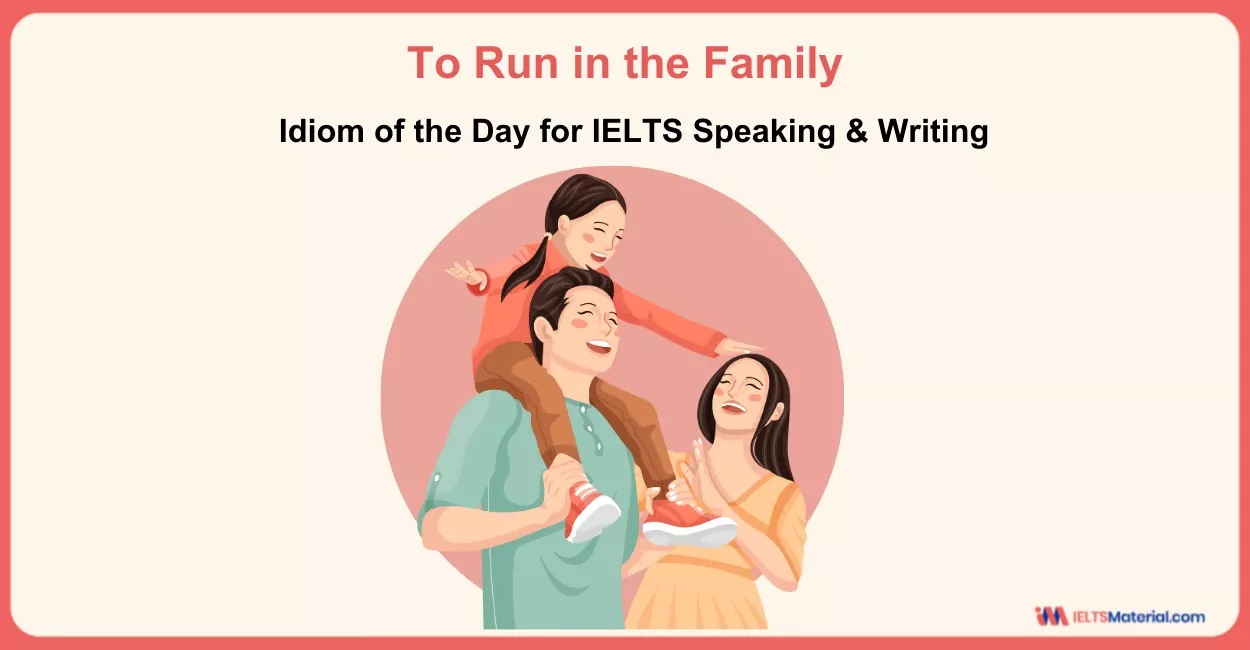



Post your Comments